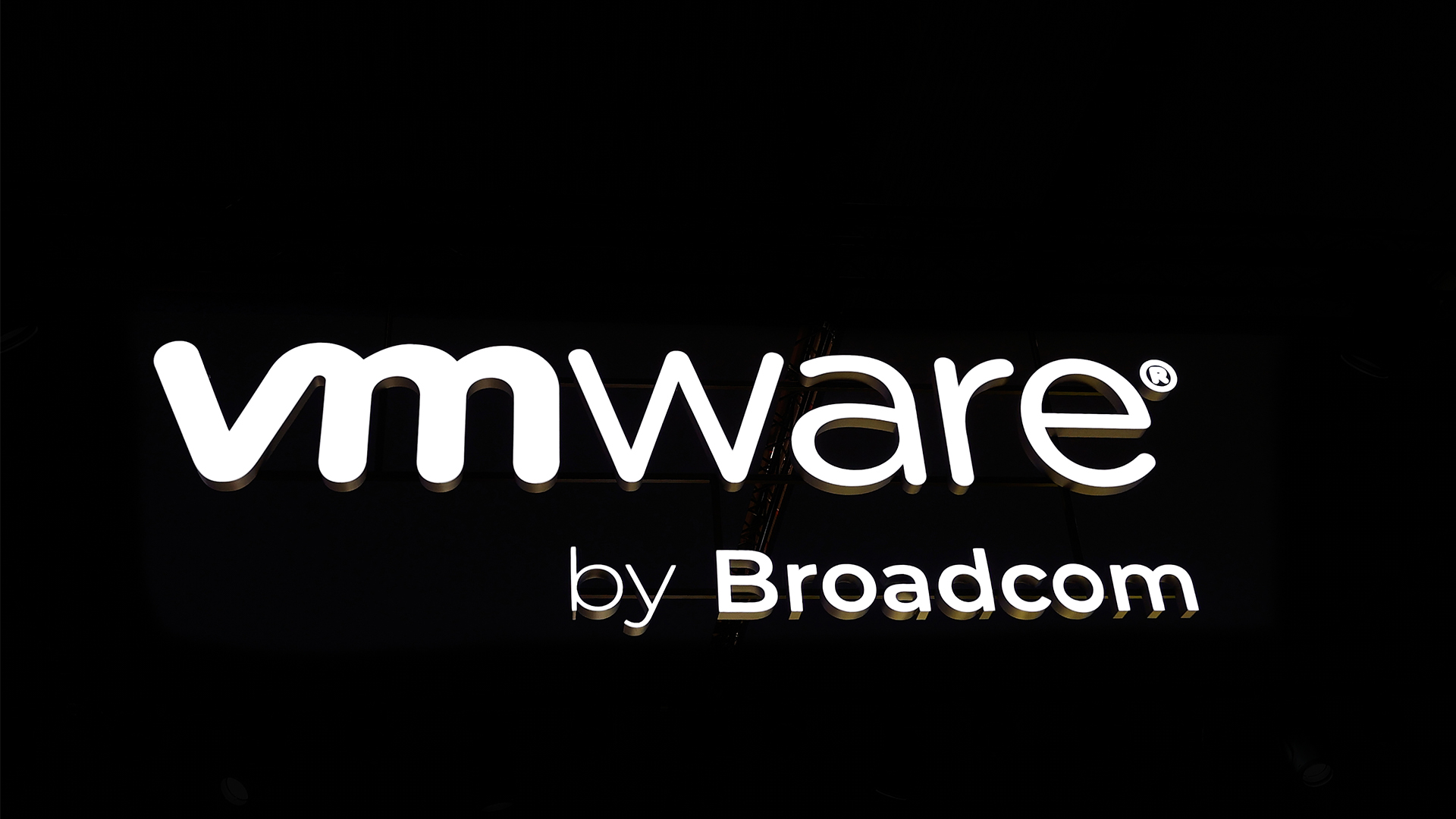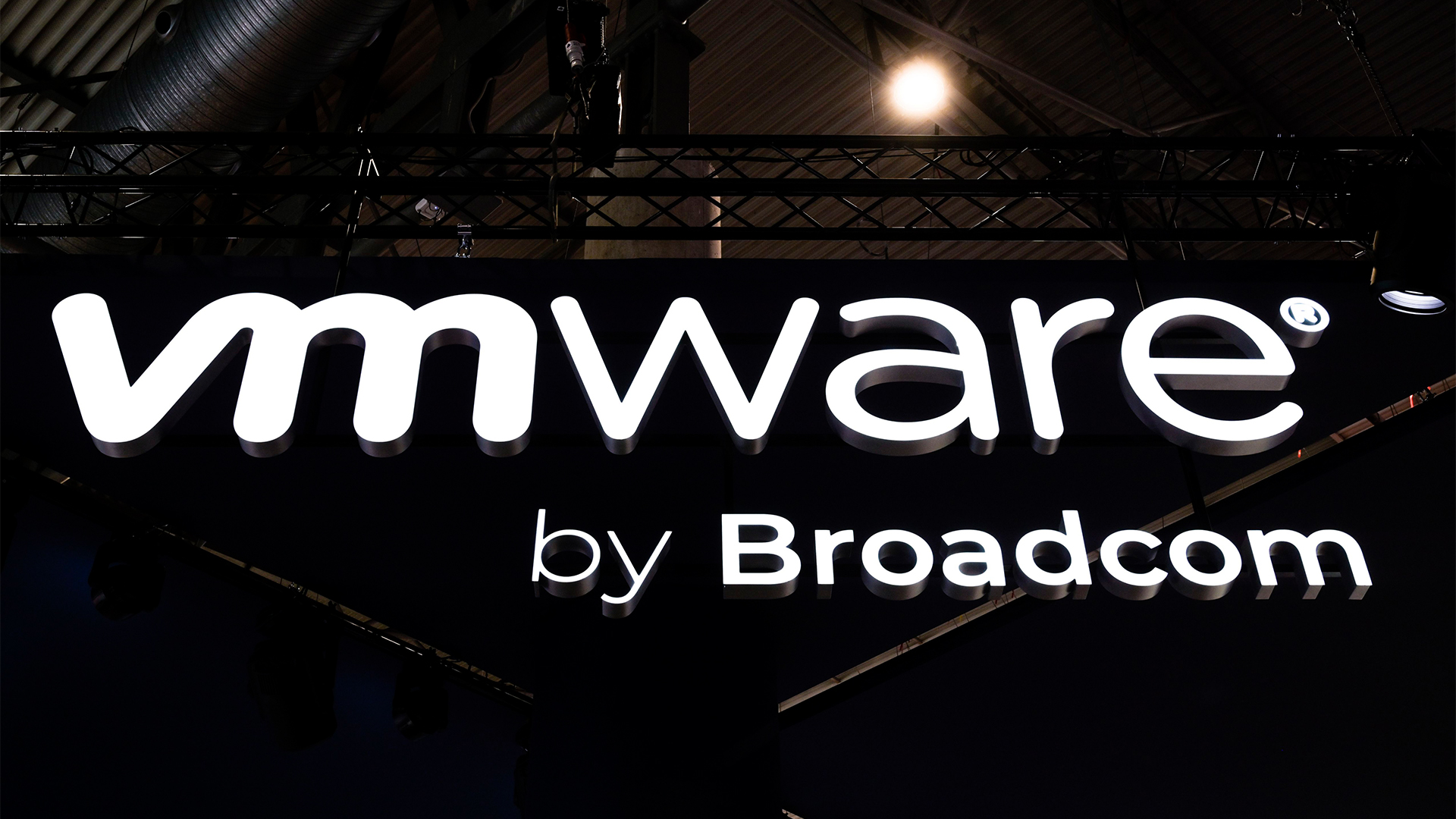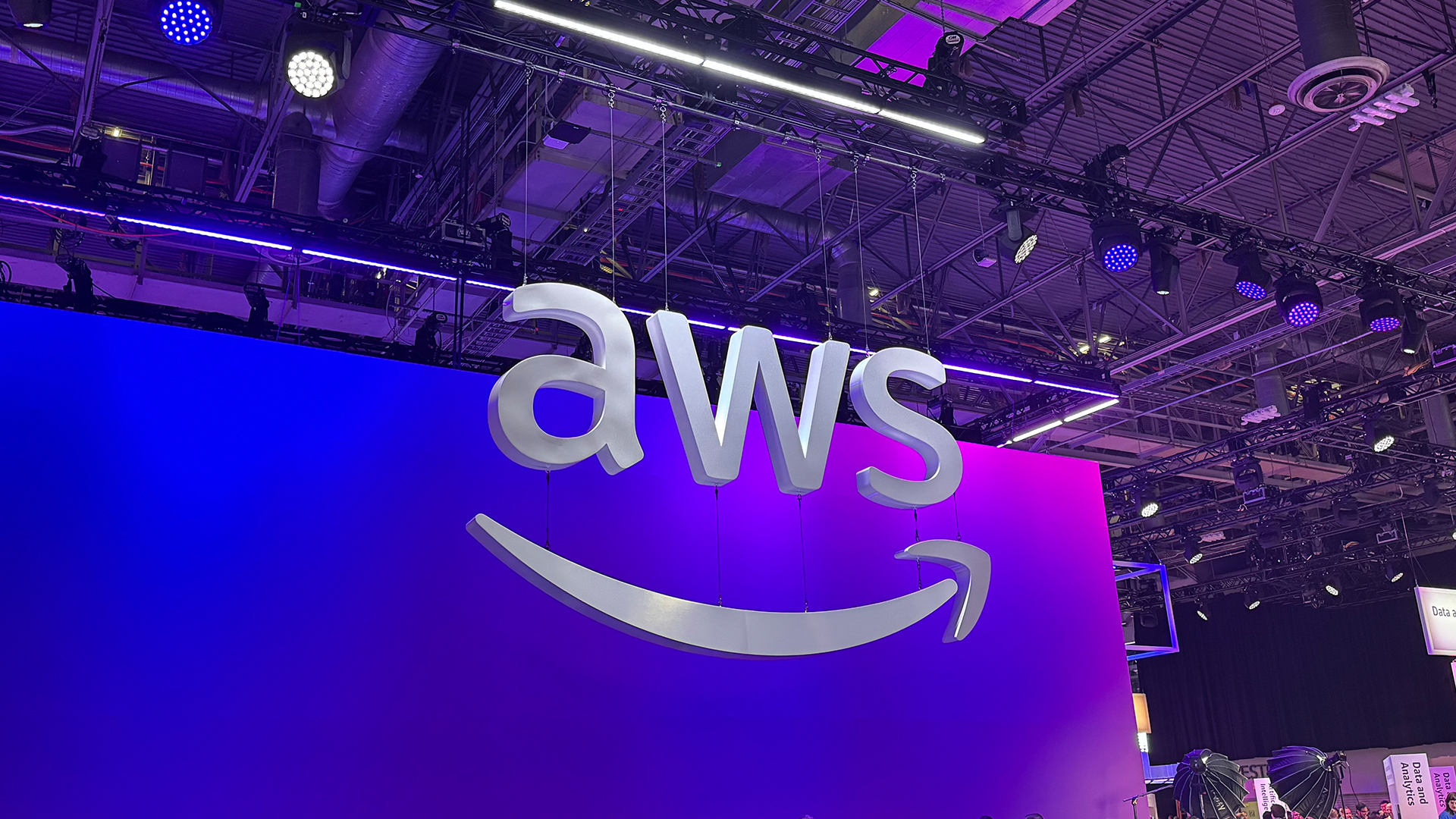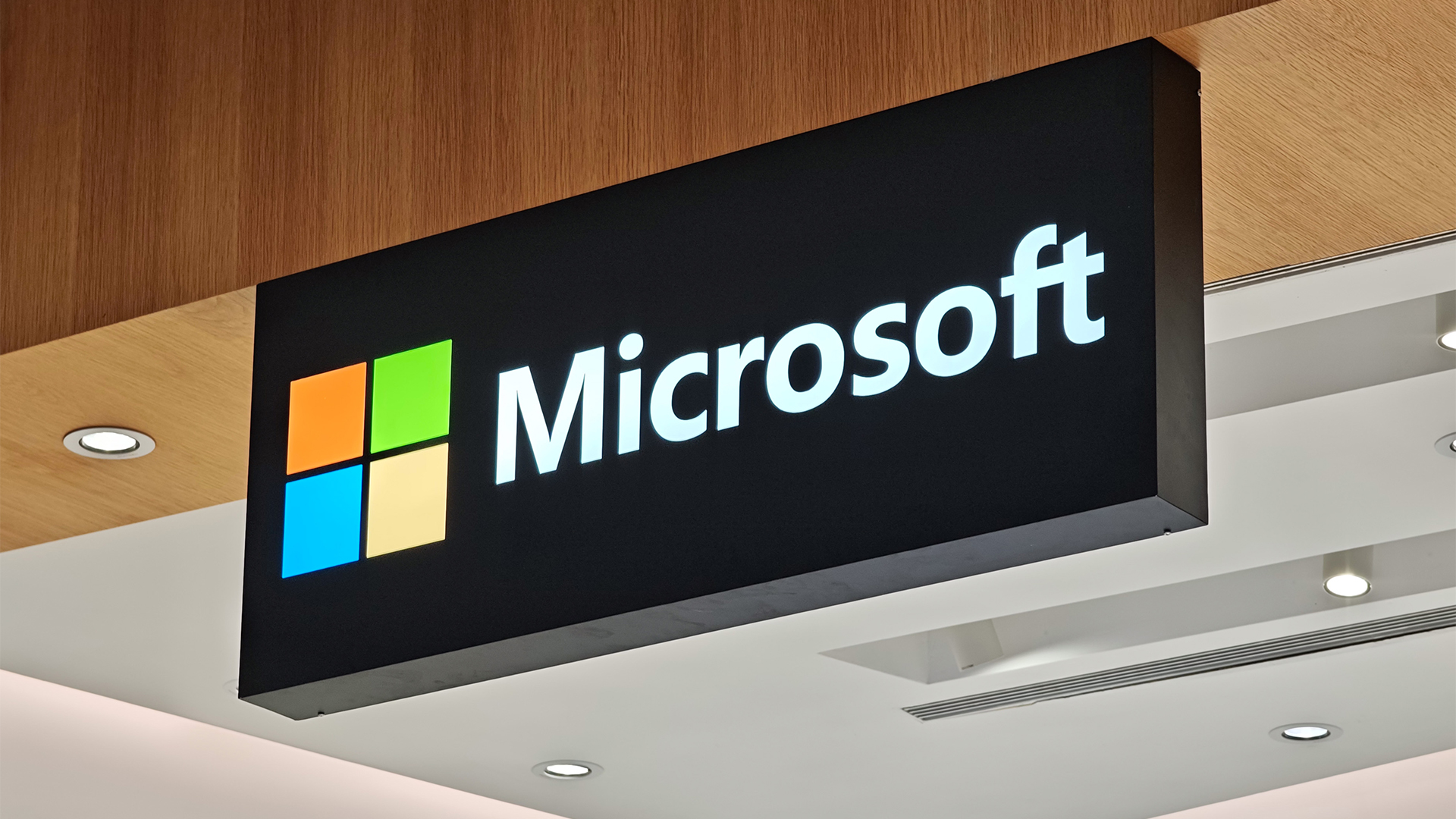Broadcom's 'harsh' VMware contracts are costing customers up to 1,500% more
An ECCO report says Broadcom hasn't solved customer complaints when it comes to licensing and contracts


Sign up today and you will receive a free copy of our Future Focus 2025 report - the leading guidance on AI, cybersecurity and other IT challenges as per 700+ senior executives
You are now subscribed
Your newsletter sign-up was successful
Broadcom is accused of increasing VMware licensing costs by up to 15 times and trapping customers in unnecessarily long contracts.
That's according to a report by the European Cloud Competition Organisation (ECCO), set up by Cloud Infrastructure Services Providers in Europe (CISPE) to monitor Microsoft's compliance with last year's settlement to avoid an antitrust complaint.
Beyond Microsoft, ECCO has also reported on Broadcom following its 2023 acquisition of VMware, detailing a range of complaints about licensing changes that have sparked a pushback from customers.
ECCO released a report in February summing up the issues, and said Broadcom's behavior had actually worsened in the ensuing months. In ECCO's second report on Broadcom, it acknowledges that most CISPE members have signed new licensing agreements with VMware's owner.
The organization suggested that many of these agreements were “often signed under significant pressure” due to a lack of alternatives. This, the report noted, has posed serious problems for customers and ramped up costs.
"Consequently, while Broadcom has succeeded in transitioning VMware customers to its new licensing framework, these customers continue to face substantial financial burdens and operational disadvantages due to the imposed terms."
Broadcom customers report steep price increases
One of the main complaints is Broadcom changing licensing terms for VMware software, ending specific products in favor of bundled offers as well as canceling perpetual licenses and pay-as-you-go pricing in favor of three-year-long contracts.
Sign up today and you will receive a free copy of our Future Focus 2025 report - the leading guidance on AI, cybersecurity and other IT challenges as per 700+ senior executives
That has led to an "exponential increase in prices" for some users, an annex to the report said, with CISPE members reporting price hikes between 800% and 1,500%.
Only one CISPE member was able to ditch VMware, though that came with significant internal costs and several months of work. Others have been unable to due to the lack of real alternatives to VMware software and the short timelines involved.
CISPE said it was likely that an alternative to VMware would arrive within years. Indeed, industry stakeholders have been rolling out a range of competing products for customers in this regard.
HPE recently unveiled plans to launch its own competitor solution, dubbed VM Essentials. Meanwhile, Pure Storage and NetApp have also been active in this domain.
In the meantime, CISPE warned many customers will remain locked in and will continue to face increased costs.
"However, at the moment where the decision was made to terminate all contracts and impose new onerous terms, Broadcom was fully aware that such alternatives did not exist and would take years to develop and be certified by major vendors, as it was already the case for VMware," the annex report added.
Urgent measures
CISPE called for Broadcom to accept a series of "minimum urgent measures" to restore fair licensing.
That includes advance notice of at least six months to any contractual terms and pricing changes, as well as transparent pricing including no penalties for over or under use, agreed charges for peak usage, and more flexible licensing.
The industry trade group also called for better access for smaller companies to higher-tier partner status, the ability to be both a reseller and a service provider, and safeguarding around user data with regards to usage reporting.
In the absence of such changes, it called for regulatory action against Broadcom's "harsh, exploitative practices."
Worse than Microsoft?
CISPE said that Broadcom wasn't interested in working to address the licensing complaints. This comes in stark contrast to Microsoft, which has worked proactively with the industry trade group to alleviate customer concerns.
“Unlike Microsoft, Broadcom shows no interest in finding solutions, or even in working with European cloud infrastructure providers," said Francisco Mingorance, secretary general of CISPE, in a statement.
"Broadcom can report that most have signed new contracts, but we know that these are punitive and threaten the viability of service providers locked-in to the VMware ecosystem. Urgent action is needed."
ITPro approached Broadcom for comment on the CISPE claims, but had not received a response at time of publication.
MORE FROM ITPRO
- CISPE governance pivot is ‘deeply rooted in European interests,’ board member claims
- Navigating devirtualization as businesses move away from the cloud
- Microsoft says it’ll protect EU cloud customers from shutdown demands
Freelance journalist Nicole Kobie first started writing for ITPro in 2007, with bylines in New Scientist, Wired, PC Pro and many more.
Nicole the author of a book about the history of technology, The Long History of the Future.
-
 Salesforce targets telco gains with new agentic AI tools
Salesforce targets telco gains with new agentic AI toolsNews Telecoms operators can draw on an array of pre-built agents to automate and streamline tasks
-
 Four national compute resources launched for cutting-edge science and research
Four national compute resources launched for cutting-edge science and researchNews The new national compute centers will receive a total of £76 million in funding
-
 The VMware 'panic phase' is over, but that isn't stopping the exodus – 86% of companies are actively reducing their dependency and choosing alternatives
The VMware 'panic phase' is over, but that isn't stopping the exodus – 86% of companies are actively reducing their dependency and choosing alternativesNews Nearly two and a half years on from the Broadcom acquisition, VMware customers are steadily working to unwind their dependence
-
 Wasabi Technologies wants to be a "more predictable alternative to the hyperscalers" after $70m funding round
Wasabi Technologies wants to be a "more predictable alternative to the hyperscalers" after $70m funding roundNews The cloud storage provider plans to ramp up AI infrastructure investment and boost global expansion
-
 Google Cloud teases revamped partner program ahead of 2026
Google Cloud teases revamped partner program ahead of 2026News The cloud giant’s new-look partner ecosystem shifts focus from activity tracking to measurable customer outcomes
-
 Cloud security teams are in turmoil as attack surfaces expand at an alarming rate
Cloud security teams are in turmoil as attack surfaces expand at an alarming rateNews Cloud security teams are scrambling to keep pace with expanding attack surfaces, new research from Palo Alto Networks shows, largely due to the rapid adoption of enterprise AI solutions.
-
 AWS re:Invent 2025 live: All the news and announcements from day two in Las Vegas
AWS re:Invent 2025 live: All the news and announcements from day two in Las VegasLive Blog Keep tabs on all the latest announcements from day-two at AWS re:Invent 2025 in Las Vegas
-
 CEOs admit majority of cloud environments were ‘built by accident rather than design’ – and it’s coming back to haunt them
CEOs admit majority of cloud environments were ‘built by accident rather than design’ – and it’s coming back to haunt themNews Many enterprises rushed into the cloud without a clear end goal in mind, according to Kyndryl
-
 Microsoft’s new ‘marketplace’ lets customers pick and choose cloud, AI solutions
Microsoft’s new ‘marketplace’ lets customers pick and choose cloud, AI solutionsNews The Microsoft Marketplace looks to streamline customer access to AI and cloud services
-
 Mainframes are back in vogue
Mainframes are back in vogueNews Mainframes are back in vogue, according to research from Kyndryl, with enterprises ramping up hybrid IT strategies and generative AI adoption.
